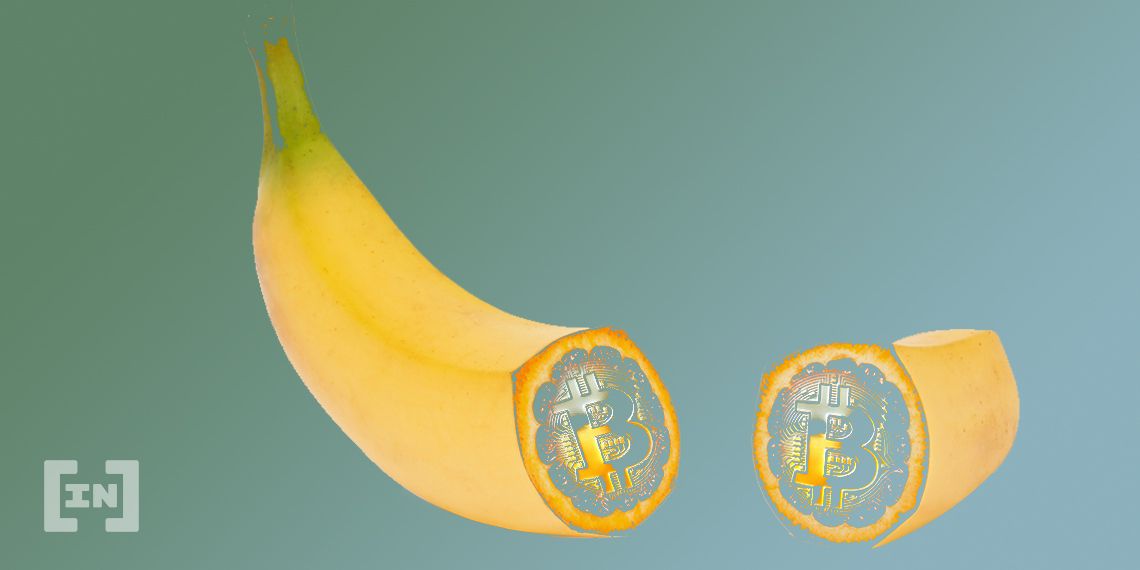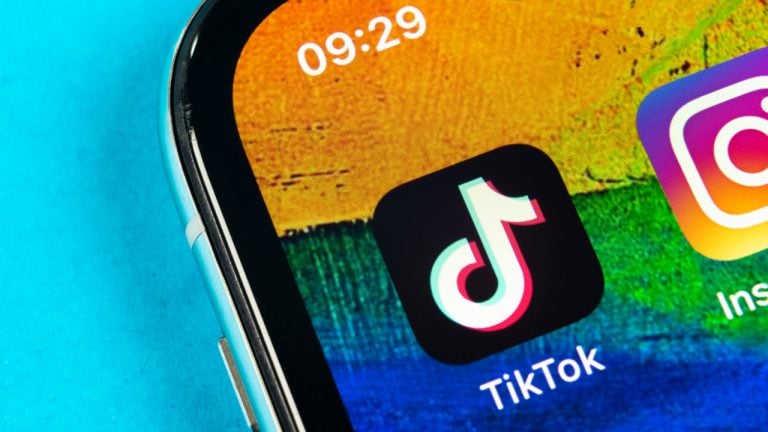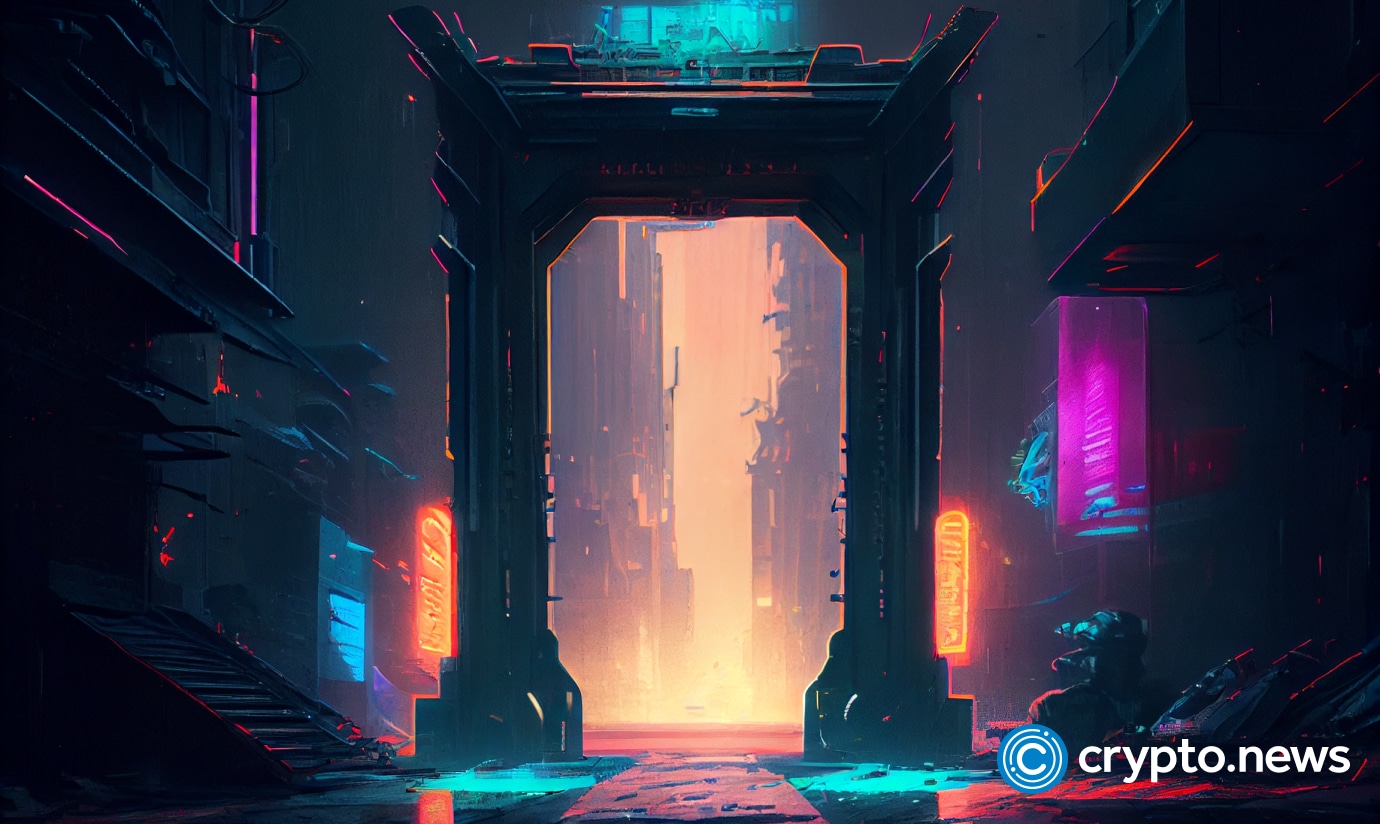2020-8-9 15:28 |
President Donald Trump has signed an executive order that forbids American companies to transact with Tencent and Bytedance. The ban comes after a long debate involving alleged data mining from apps like WeChat and TikTok.
Following the ban, Tencent shares fell 5%. American companies will effectively have 45 days to stop transacting with these companies. The ban is sparking worldwide debate regarding the boundaries of national security. Is this an opportunity for decentralized social media platforms to step up?
MORE: @realDonaldTrump has also signed a similar order banning transactions with WeChat. pic.twitter.com/Y4nVlCVBke
— Andrew Feinberg (@AndrewFeinberg) August 7, 2020
Tencent and the Yuan PlummetThe announcement was immediately felt on markets. Tencent, one of China’s tech giants, temporarily lost as much as 11% on Friday before paring back losses to close down ~5% for the day.
Tencent Holdings Ltd falls following Trump’s ban | Source: GoogleThe news affected not only Tencent’s share price but also had somewhat of an impact on currency markets. The Chinese yuan fell against the American dollar, although it’s hard to gauge how much of this was due to the ban.
American dollar vs Chinese yuan. | Source: XeIn order to protect its American business, Bytedance is considering selling the U.S. division of TikTok to American investors.
Elsewhere, Microsoft has quickly made its intentions known to purchase TikTok’s operation in the United States, Canada, Australia, and New Zealand.
Trump’s Beef With ChinaDonald Trump has accused China of several ills, from stealing American jobs to unfair competition. The American president is well-known for his hardline stance against the Asian giant.
The latest chapter in the trade war between the two superpowers is now escalating in digital form. President Trump wrote a letter to Congress expressing that TikTok’s heavy data mining is a threat to America’s national security.
The letter will impose a ban on transactions involving TikTok’s owner Bytedance, and WeChat’s owner Tencent. After 45 days, American companies will need to cease transacting with them or be sanctioned.
Regarding WeChat, the letter reads:
“This data collection threatens to allow the Chinese Communist Party access to Americans’ personal and proprietary information, potentially allowing China to track the locations of Federal employees and contractors, build dossiers of personal information for blackmail, and conduct corporate espionage.”
The move comes days after India’s government banned 59 Chinese mobile applications, including TikTok and WeChat. India is TikTok’s biggest market, with more than 650 million downloads. A potential Microsoft acquisition may, however, help to restore trust in the brand.
The reasons given for the Indian ban are similar to Trump’s, with complaints about user data sent outside of Indian servers and a lack of transparency. Many also argue that the ban will affect the Indian digital startup ecosystem.
The Dark Side of TikTokTikTok is one of the most popular video-sharing apps on the planet. The app allows users to share short videos, usually with a musical background. One of the reasons for its huge success is its content-centric platform, meaning that videos can go viral even if the user doesn’t have a large follower base.
TikTok uses Artificial Intelligence components on its algorithm to deliver content. The app tracks all aspects of content consumption in order to show new videos. This sounds good in theory, as users get more of what they like without having to search for it.
TikTok analysis in progress. It’s time to stop this non sense and put facts in the center of the discussion pic.twitter.com/CUpEbA6f9w
— Elliot Alderson (@fs0c131y) August 2, 2020
But, all of this functionality doesn’t come for free. TikTok gathers a lot of data behind the scenes. Over the last few months, developers and engineers worldwide have shared their concerns about TikTok’s data mining. In fact, there’s a whole Subreddit dedicated purely to reverse-engineering the app.
Users claim that TikTok is asking for way too many permissions given that it’s a simple video-sharing app, like access to the device clipboard, for example.
Jeremy Burge, Chief ‘Emoji’ Officer at Emojipedia, published a video where he tracks how often TikTok was checking what he typed on his keyboard.
Okay so TikTok is grabbing the contents of my clipboard every 1-3 keystrokes. iOS 14 is snitching on it with the new paste notification pic.twitter.com/OSXP43t5SZ
— Jeremy Burge (@jeremyburge) June 24, 2020
TikTok also gathers information about the device itself, like memory usage, as Reddit user Bangorlol explains:
“TikTok is a data collection service that is thinly-veiled as a social network. If there is an API to get information on you, your contacts, or your device, well, they’re using it.”
Even more worrying is the fact that TikTok collects data from other apps installed on the phone, even those previously deleted. It also encrypts its analytics requests, so users can’t know what data TikTok is actually mining.
The Case for Decentralized Social NetworksIt’s hard to predict how this story will develop. Society is moving into a multipolar world where not only American startups produce the best software.
American-based companies like Facebook have already had their fair share of troubles regarding user privacy and national security. Nevertheless, many governments distrust handing their public’s data over to China.
One way to safeguard user’s rights may be to implement blockchain technology, data-encryption features, and decentralized social networks and apps.
Perhaps the most famous decentralized example is Mastodon, with over 5 million users. Minds.com, dubbed “the anti-Facebook that pays you for your time,” is trying a similar approach, paying its users to create content.
Decentralized social networks and apps come with their own set of challenges, of course, like organizing effective moderation. It may also be harder to act quickly when major issues arise, or when part of the community decides to fork and go its own way.
Either way, as soon as more privacy-centric options become available, millions of users worldwide may be ready to jump ship and join the decentralized network revolution. When that happens, it’s unlikely that Trump, India, or even China will be able to stop them.
The post TikTok Ban: The Beginning of a New Age in Social Networks? appeared first on BeInCrypto.
Similar to Notcoin - TapSwap on Solana Airdrops In 2024
Babes and Nerds (BAN) íà Currencies.ru
|
|









